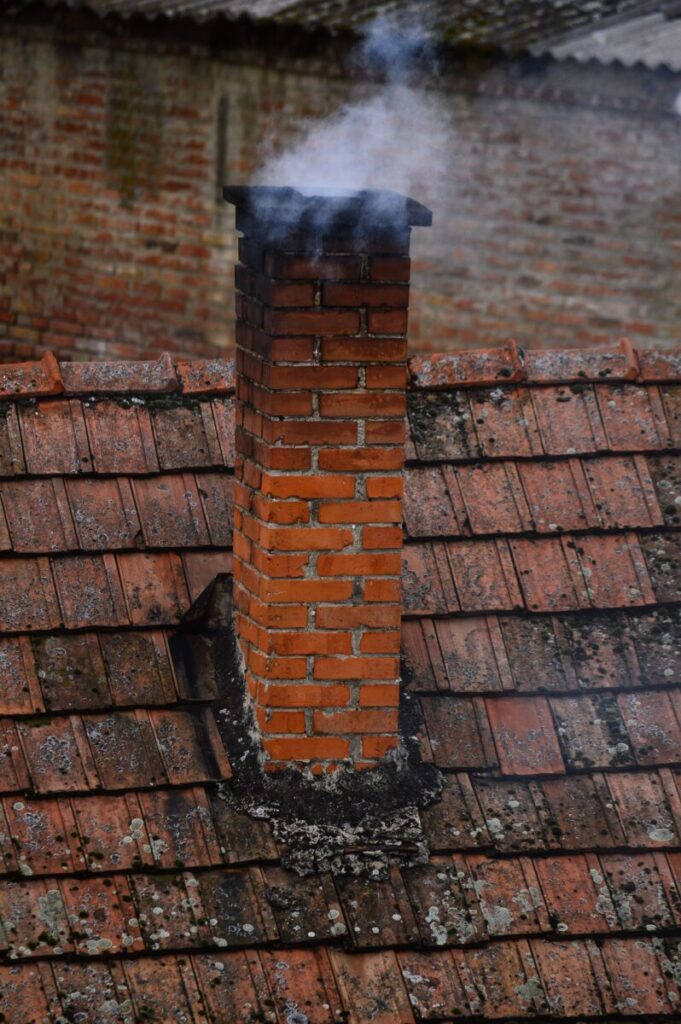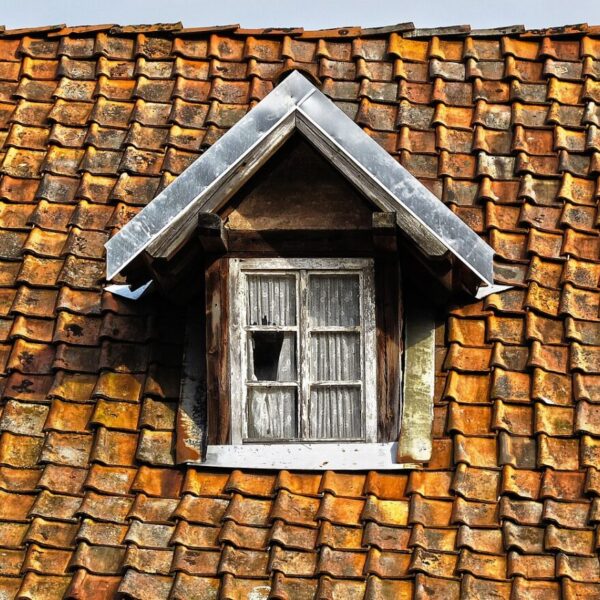Rethinking Constructions #3
The Slovenian Environmental Public Fund, Ekosklad, provides grants to disadvantaged households to improve the energy efficiency of their homes. Advisors help them prepare their applications and see if they are eligible for public assistance to renovate the roof, facade, windows, or change their heating system to more environmentally friendly devices.
In the European Union, between 8 and 16% of the population faces energy poverty, according to the EU definition. In Slovenia, it is 5% of the population. This amounts to approximately 62,000 households, according to the Statistical Office of the Republic of Slovenia. Energy costs accumulate mainly in winter. Energy-disadvantaged households, due to their precarious economic status, generally heat with oil or wood, which also has a negative impact on health and the environment due to CO2 emissions and PM 10 and PM 2.5 particles (PM2.5 are particles with a diameter of less than 2.5 microns and PM10 are particles with a diameter of less than 10 microns).
Getting Help for Heating Payments
According to information from the non-governmental organization Focus, the most vulnerable groups, such as the unemployed and the elderly, are particularly exposed to energy poverty. There are many elderly women living alone and tenants who do not have the ability to act on the renovation of the building they live in or the heating system. Many poorly paid employees also turn to the humanitarian organization Slovenska Karitas for help with paying heating or electricity costs in winter. Many of them have a lower level of education and are employed in poorly paid professions. Job seekers, earning minimum wage, cannot cover all their expenses. There are also part-time workers and those on sick leave. As well as many single-parent families with one or more children...,” explains MojcaKepic, a member of the association that helps applicants with their energy bill payments.
In Slovenia, Ekosklad plays an important role. The Slovenian Environmental Public Fund has launched two calls for proposals in 2023 and 2024, with a total value of 42.3 million euros, to reduce energy poverty. In 2023, 22.5 million euros from the Climate Fund (managed by the Ministry of Environment, Climate and Energy) were available, and more than 1,400 applications were received. To date, Ekosklad has already granted non-repayable subsidies to 650 households under this program. Other applications are still under review, as the procedures for granting financial assistance are quite lengthy.
The second public call ZER 2024 is still open, with 19.8 million euros available from the European Union's cohesion fund. Eligible households can receive up to 18,000 euros for thermal insulation of roofs, facades, installation of energy-efficient windows, or replacing old heating devices with new ones, etc. They can only apply once.
To date, Ekosklad has received more than 400 applications. Unfortunately, these aids are still too little known to the people who would need them, which limits renovations.
Advisors Support Applicants
LudvikHriberšek, an energy advisor for the ENSVET network, established by the Slovenian Public Fund for the Environment for 29 years, makes the same observations. He visits households that have registered for Ekosklad's calls for proposals to assess the condition of their housing. We first check if the applicant is in a state of energy poverty. We often encounter really serious conditions, and it is difficult even for us. Some buildings are almost uninhabitable. In some places, the roofs and windows are in very poor condition, the facades are not insulated, and so on. There are still many such constructions, especially in the northeast of Slovenia. The aid really goes to the right people.
And what if a household needs more than the 18,000 euros offered by Ekosklad to establish normal living conditions? Based on our skills, knowledge, and experience, we assess what is most urgent. We usually start with the roof. There is no point in having good windows and a new facade if the roof is leaking. At that point, we propose replacing the roof covering with thermal insulation. If the roof is in good condition, we move on to the windows, then to the facade.,” specifies Hriberšek.
The energy advisors combine measures so that the household can benefit from all available funds. For example, if replacing the windows costs 12,000 euros, we will not be able to insulate the facade, but we will add a small measure, such as a heat pump for hot water.
In order to completely insulate homes, it may be decided in the future that households can apply for subsidies multiple times. To be continued.

Photo credit: ©Pixabay
